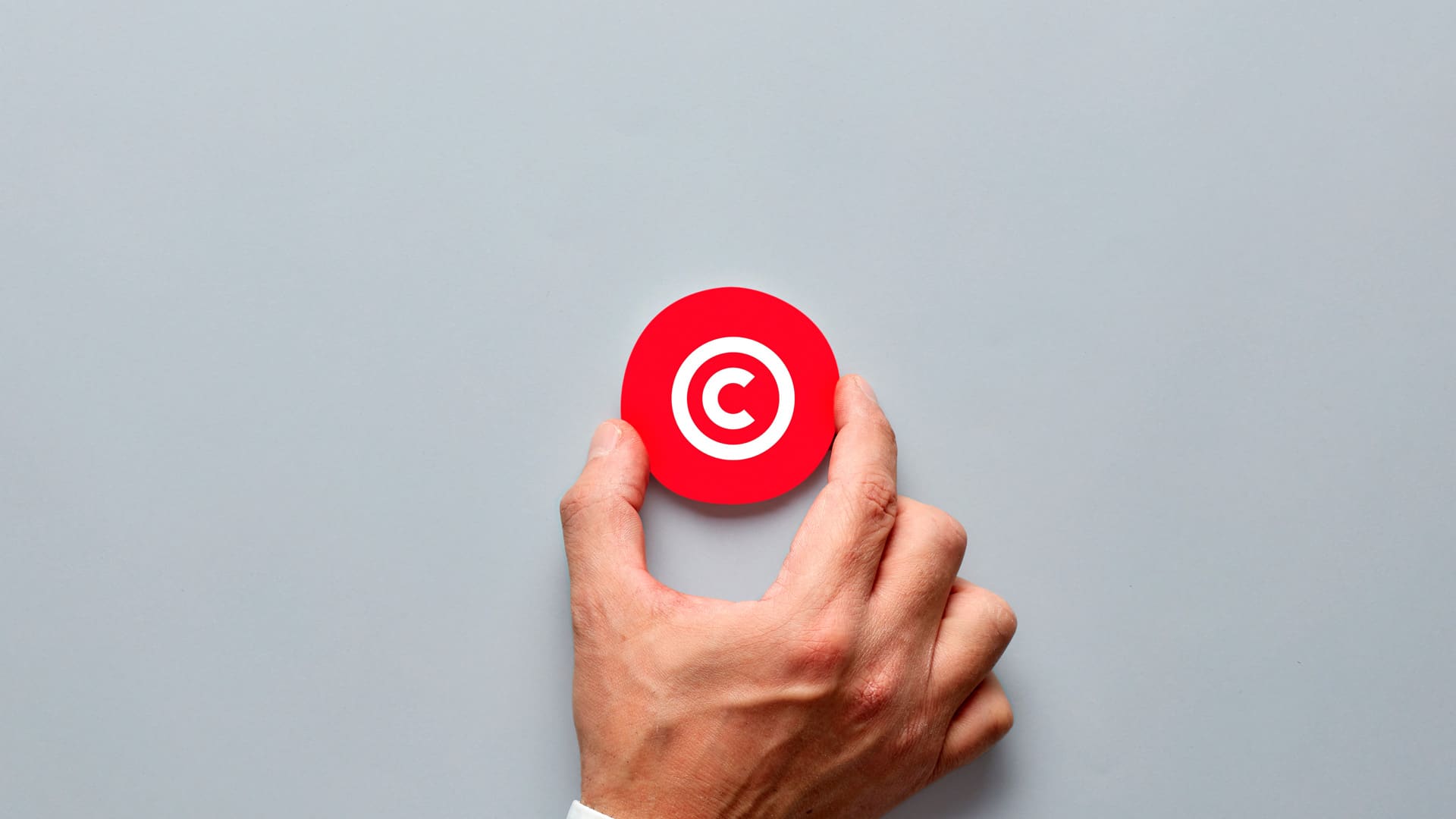
What types of copyrights exist?
If you are engaged in any literary, artistic or scientific activity, you will surely have heard about the types of copyrights and the importance of registering your work.
In legal terms, copyrights encompass the rights of creators over their works. In other words, they grant the author an exclusive right over the use of the creation in order to protect his or her work.
Copyright is included in most national and international legislations and agreements. This covers a very wide range of works such as books, writings, musical compositions, dramatic works, choreographies, audiovisual works, sculptures, pictorial works, plans, models, maps, photographs, computer programs and databases.
Thanks to this law, when an author creates his or her work, he or she automatically receives recognition as a creator, in addition to the right to exploit it for economic retribution. Within the author’s rights, this is what is known as moral and patrimonial rights. We will detail them the following point. It is important to clarify that it is recommended to register the work in order to generate evidence of the declaration of authorship. Also to be able to demonstrate at what moment the creator had access to the work and declared him/herself the owner of it.

Moral rights
Moral rights refer to the personal link that exists between the author and the work. These are inalienable and cannot be assigned to others. Notice that moral rights are not granted in USA or UK copyright law. The author, by the mere fact of having created a work, is entitled to the following moral rights in:
Disclosure right
It allows the author to decide if and how his or her work will be disclosed.
Paternity rights
Guarantees the recognition of his or her condition as the author of the work, either with his or her name, signature or any sign that identifies the creator.
Right to the integrity of the work
The author may prevent the deformation, modification, alteration or infringement of the work that may be detrimental to his/her interests and reputation.
Right of amendment
The author may modify, or prevent the modification, of the work while respecting the rights-acquired by third parties, as well as the protection of cultural assets.
Right of withdrawal of the work
The author may withdraw the work for changing his or her intellectual or moral convictions. In this case, the holders of exploitation rights shall be compensated.
Right of access to the single copy
In the event that the single copy of the work is in the possession of another person, the author may access it when necessary.
It should be noted, again, that moral rights are included in the EU Copyright legislation and others alike. However, in other legislations, such as the Anglo-Saxon one, they do not exist expressly.
Economic rights
Economic rights regulate the economic exploitation of the registered work. According to the Copyright Law, the author of the work is entitled to the following economic rights:
Right of reproduction.
The exploitation rights are constituted on the basis of the right to reproduce the work, which must be fixed in a medium that allows its communication and the obtaining of copies.
Right of distribution
The original work or copies are made available to the public on a tangible medium for sale, rental or lending. It should be noted that this point also covers Internet downloads and online subscription payments.
Right of public communication
Any person may have access to the work without obtaining a copy of it. This is very common in television, radio, cinema or Internet, where it is not necessary to have a copy to make the work known.
Right of transformation
A work may be adapted, translated or modified in any way giving rise to a different work (derivative work). In these cases, the authorization of the author of the original work is always required.
Right of collection
The legislation in effect allows an author to publish his or her works collected in a collection.

Differences between moral and economic rights
As we have seen, moral and economic rights are two types of copyrights that correspond to creators over their works. And the main difference lies in the assignment and in the scope they protect.
On the one hand, moral rights defend the non-proprietary interests of the author. That link that arises between the creator and his or her work. That is why they are non-transferable and have no expiration date.
Economic rights, also known as economic or exploitation rights, regulate the economic remuneration rights that a work may have (distribution, reproduction, public communication and derivative work). Unlike moral rights, economic rights are transferable to third parties, with or without consideration, through a contract of assignment of rights, or through a will in the event of the author’s death.
